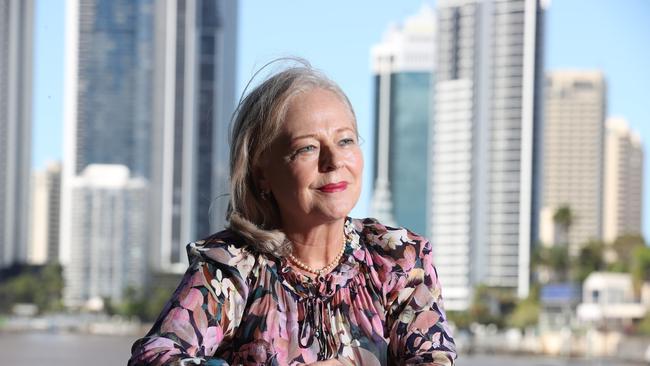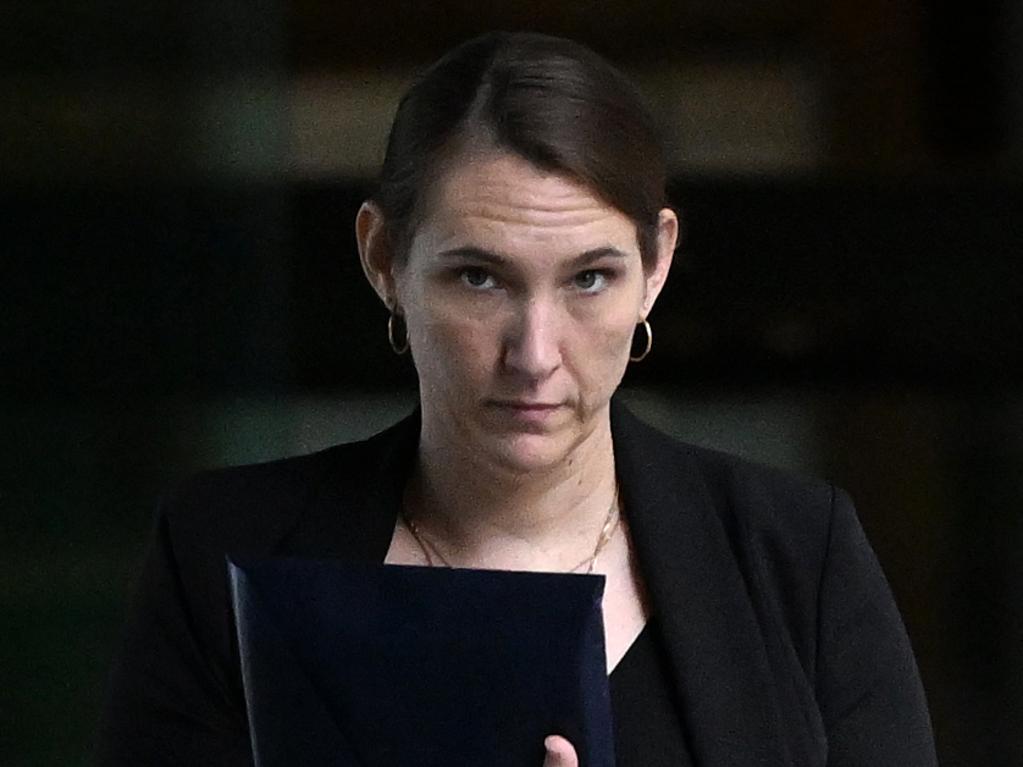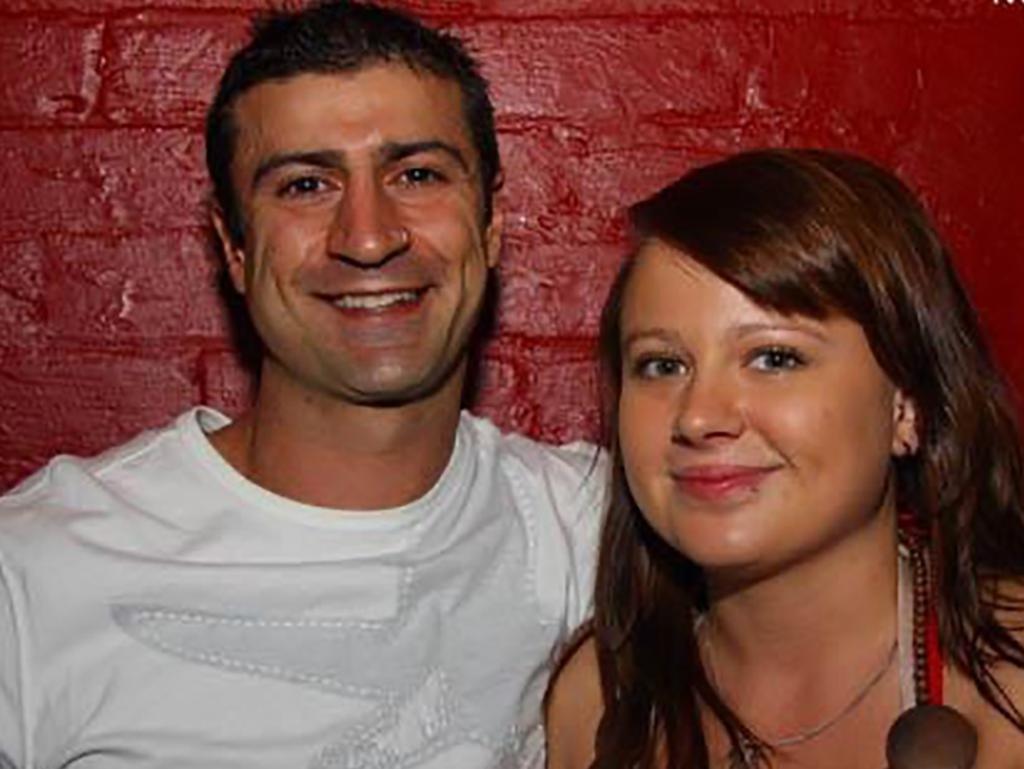‘Inferior’ rape kits pose new DNA risk in Queensland
Queensland is still using ‘significantly inferior’ equipment to other states when collecting vital DNA evidence from rape victims.

Queensland is still using “significantly inferior” equipment to other states when collecting vital DNA evidence from rape victims more than six months after a former Court of Appeal president recommended they be urgently replaced.
In Queensland, rape kits used in invasive and often retraumatising medical examinations have wooden stems that could break inside victims, risk DNA contamination and contain about half the number of swabs required.
In June, a taskforce headed by retired judge Margaret McMurdo delivered a scathing assessment of the way Queensland Health delivers forensic services as part of a 16-month review into women’s experience in the criminal justice system.
Ms McMurdo found rape victims did not have consistent access to care, with some forced to wait up to 12 hours in the clothes in which they were assaulted before a forensic examination.
“This compromises the health and safety of women and girls, and the quality of the evidence collected,” she found.
“Queensland should cease using inferior kits and procure best-standard investigation kits in line with those used in NSW and Victoria as a matter of urgency. Not adhering to the highest standards with respect to DNA contamination risks inferior testing results or even miscarriages of justice.”
Health Minister Yvette D’Ath said hospitals would begin trialling new kits, similar to those used in Victoria and NSW, this month.
“We‘ll go through a one-month validation process and the results of that validation testing will go to the new sexual assault advisory subcommittee being established,” she said.
“If they endorse those kits … we will start rolling those out.”
Ms McMurdo, who led Victoria’s Lawyer X royal commission, also heard evidence that sexual assault victims, including children, have been turned away from regional hospitals because there were no medical staff available to conduct exams.
She recommended all doctors and emergency nurses be trained to provide forensic medical examinations and “clearly understand that this is a significant part of their role”.
Lack of qualified staff available to conduct rape kits was exposed in 2019 by the state’s auditor-general, who found survivors had to drive for hours to find a clinician trained to collect evidence.
Recently retired Senior Sergeant Edward Kinbacher, who led the Cairns criminal investigation branch until February, said the health department had “completely failed” for more than a decade to address victims’ needs.
“For victims of sexual assault, the first point of entry to the justice system is when they are forensically examined,” he told The Australian.
“They have been treated, arguably, as third class citizens.”
Mr Kinbacher agitated for better forensic services for years, but said Queensland Health was “deaf” to his appeals. “What we specifically were concerned with was the lack of availability of resources, in particular doctors to provide immediate attention to victims of crime.
“Not leaving victims for 24 hours, not having to fly victims from Thursday Island where there was no forensic support, to Cairns to be medically examined.
“What Health was subjecting them to was victimising them again, unquestionably.”
Ms D’Ath said the department was “looking at intensive training and upskilling of staff”. “We’ve been working on our training that we’re delivering to nurses and doctors who work in our EDs … to improve the processes,” she said.
In a separate inquiry into the state’s DNA laboratory disaster, Walter Sofronoff recommended early evidence kits be introduced in Queensland, so victims can collect their own samples that may be lost because of delays at hospitals. The kits will also allow victims to use the bathroom and drink water without risking evidence loss.








To join the conversation, please log in. Don't have an account? Register
Join the conversation, you are commenting as Logout